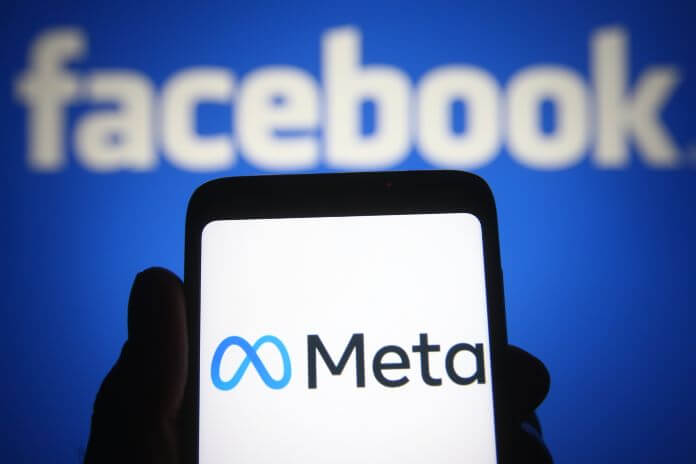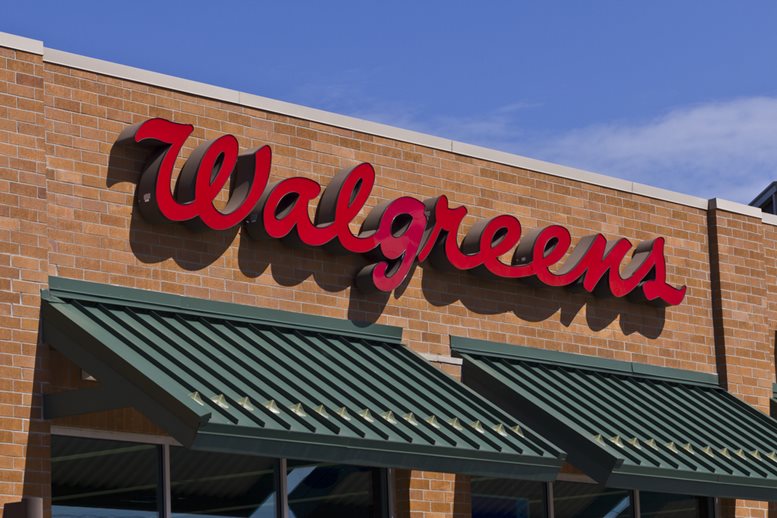Meta (NASDAQ:META) Platforms introduced early versions of its latest large language model, Llama 3, alongside a real-time image generator. These innovations aim to bolster Meta’s virtual assistant, Meta AI, positioning it as a robust competitor to Microsoft-backed OpenAI’s ChatGPT.
The Llama 3 model, with enhanced coding capabilities and trained on both text and images, is part of Meta’s effort to challenge OpenAI’s dominance in generative AI technology. Future versions will feature advanced reasoning and multimodality, capable of generating both text and images.
The integration of Llama 3 into Meta AI promises to streamline user experiences across Meta’s platforms, including Facebook, Instagram, WhatsApp, and Messenger. Additionally, Meta announced partnerships with Alphabet’s Google for real-time search integration and Essilor Luxottica for Meta AI functionality in Ray-Ban smart glasses.
Expanding Meta AI to more global markets, Meta aims to address privacy concerns and regulatory requirements, such as those outlined in the forthcoming AI Act in Europe.
While Meta’s release of Llama 3 for free commercial use aims to close the gap with competitors, concerns persist about the ethical implications and data requirements of generative AI models. However, Meta assures users that Llama 3 has been trained on high-quality data to improve context understanding and mitigate previous issues.
Mark Zuckerberg emphasized Meta AI’s capabilities, highlighting the substantial parameters and performance metrics of Llama 3. Despite past challenges, Meta remains committed to advancing AI technology while ensuring responsible data practices.
Featured Image: MegaPixl









